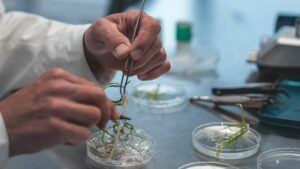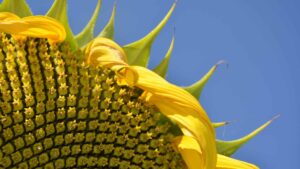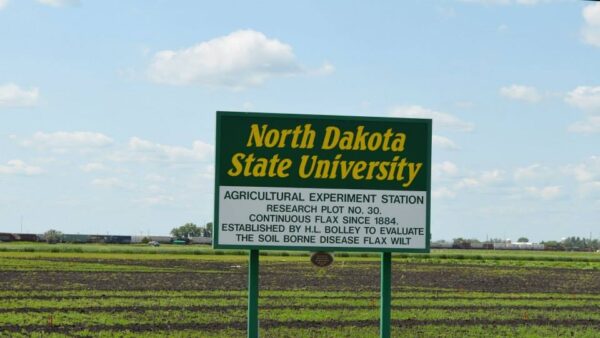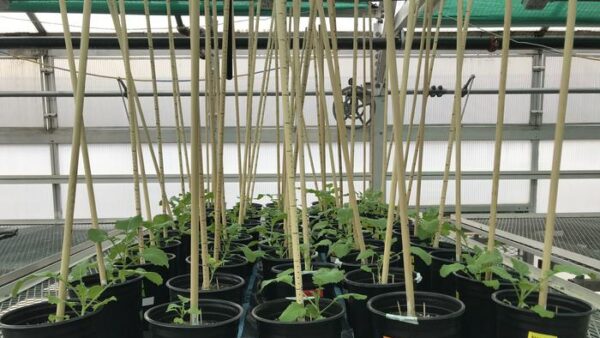In sunflower we face two major challenges. First of all, we need to keep the attractiveness and competitivity of the sunflower crop. This means a constant focus on yield improvement on the one hand combined with an optimisation of the input costs, such as herbicides or fungicides. In addition, we need to address the challenge of decreasing the environmental impact and taking care on population health. Such weeds affect the crop yield but are also allergenic to a part of the human population (such as Ambrosia) and in some cases even toxic (for example Datura). In this respect, we can say that the herbicide resistance technologies (Clearfield Plus, Clearfield or Express) answer to these challenges by less herbicide applied, improvement of weed control and thus yield improvement. In all countries, the parasite Orobanche (OR) is also a big problem, and this is why we stack HTC (Herbicide Tolerant Crop) technologies with OR tolerance genes in the same hybrid. We strongly believe this is the best way to have an efficient and sustainable control of Orobanche.
Euralis breeders work with fast breeding technologies as genetic markers in the lab, to check OR and herbicide trait introgression. When the hybrid is fixed for these traits, we test it in research and development trials to evaluate yield and diseases tolerance. About Orobanche, we test hybrids in the most affected locations in different countries in order to qualify the Orobanche tolerance level. At the same time, we check herbicide tolerance in trials as well. We are focused on genetic quality.
As you can see, it all starts with choosing the right sunflower hybrid variety. This stacking of these genes helps farmers to adapt in their crop management. And we are receiving excellent feedback from farmers about the double traits. We propose different ways to control the Orobanche risk: we adapt the solution to the risk level. The farmer can adapt the herbicide application regarding the weed pressure. All in all, I can say that the system is now more flexible, more efficient and more sustainable.









